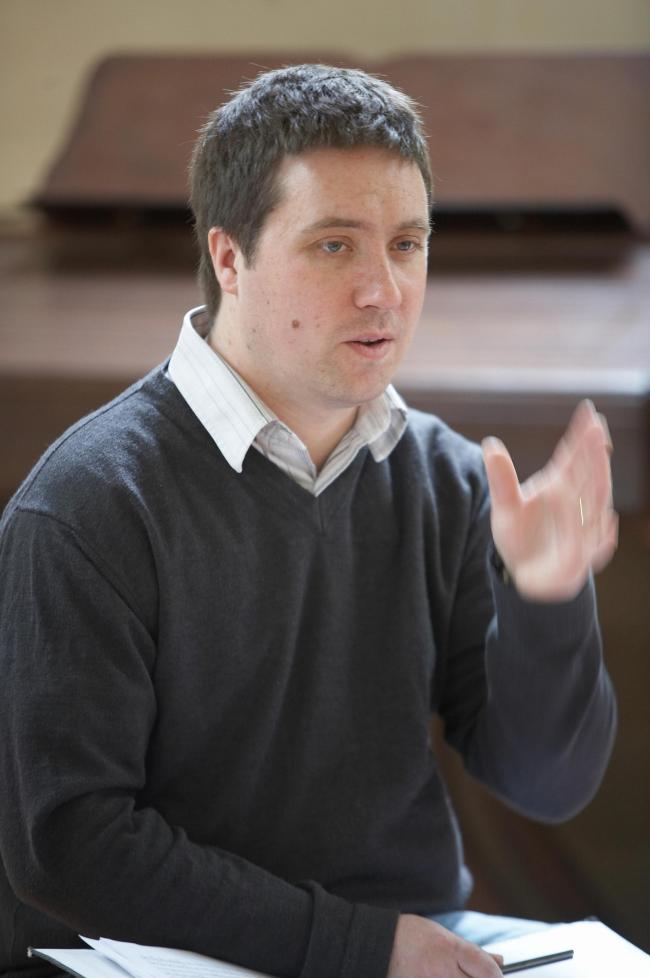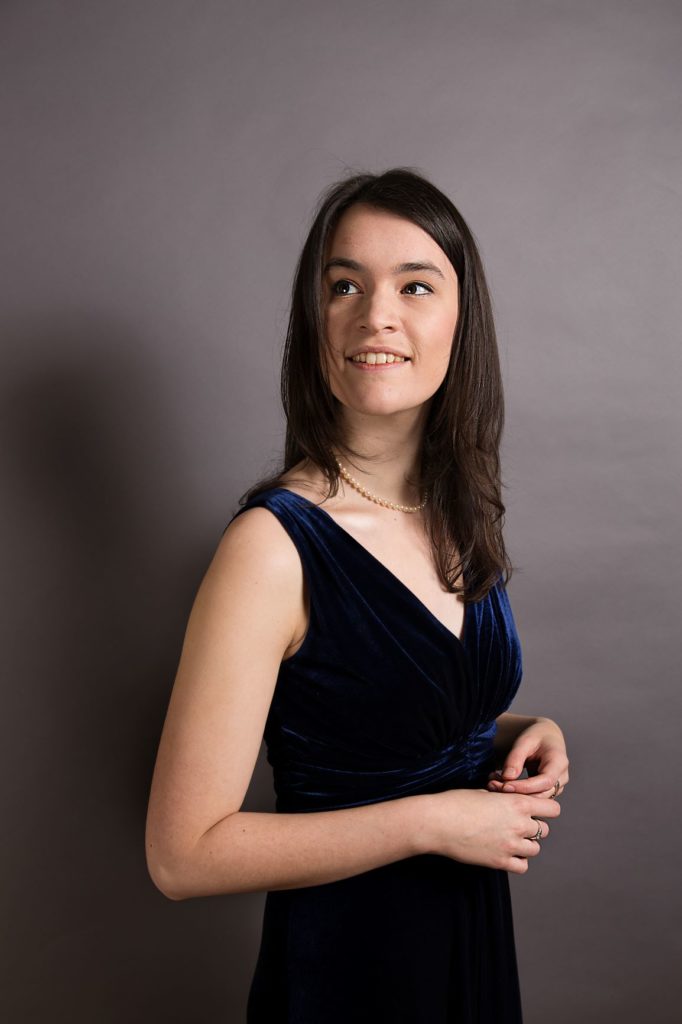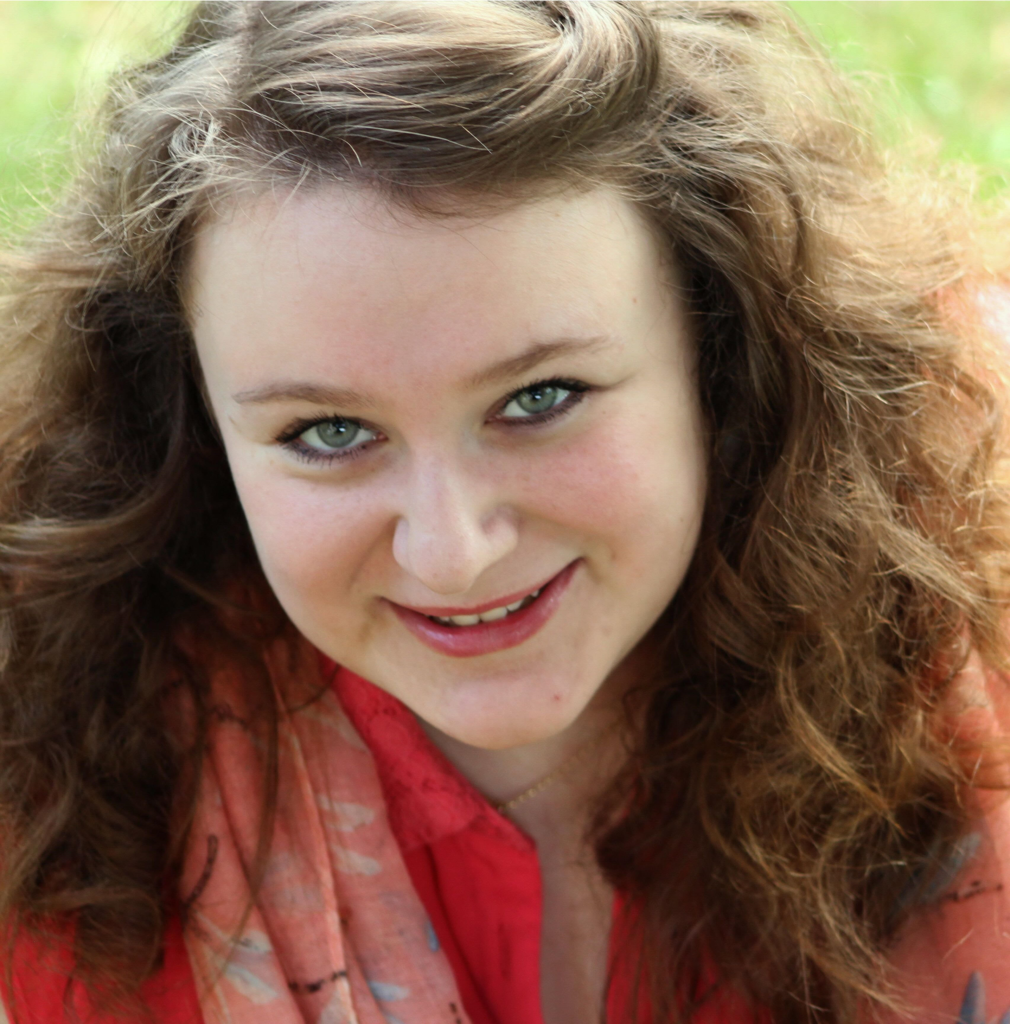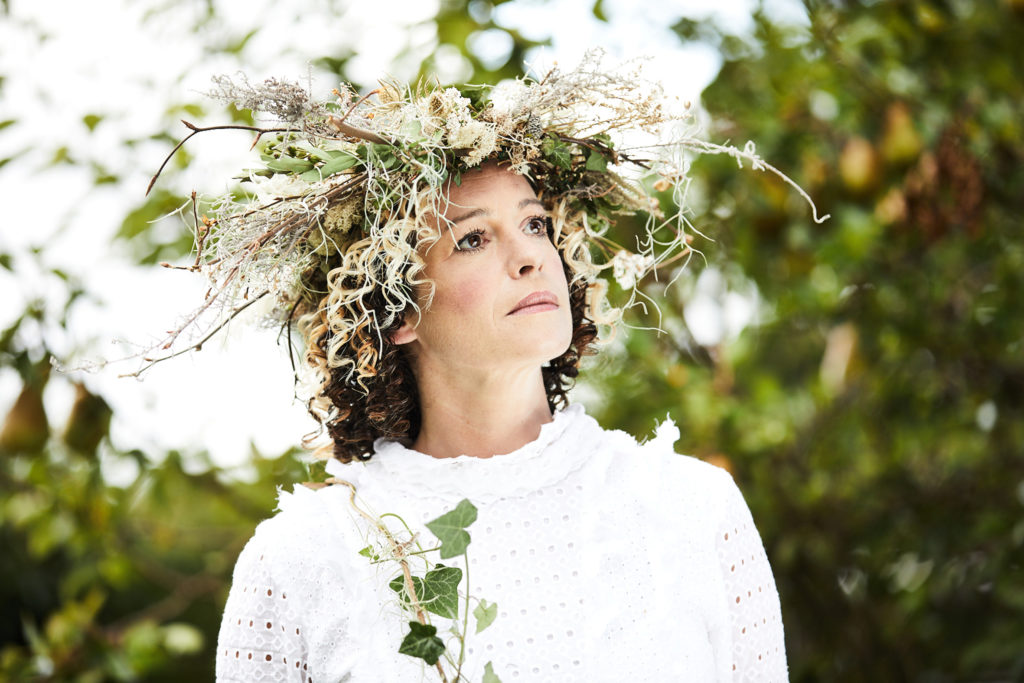
Kate Rusby At Christmas, York Barbican, 18/12/2019
“HOW nice to be back in mighty Yorkshire,” said the Barnsley nightingale. “Don’t have to calm mi accent. Don’t have to worry about saying the word ‘mardy’.”
That said, there is nothing mardy about Kate Rusby At Christmas, her joyous celebration of South Yorkshire carols still sung heartily in pubs, complemented by Rusby’s own winter songs and a brace of novelty numbers.
It turned out Rusby was the only Yorkshire-born musician on stage, her sparkling green party dress twinkling like a Christmas tree in the forest of men in black: her folk band and regular winter guests, the “Brass Boys” quintet.
“Ruby Twosday”, the decorative reindeer, was there too, bedecked with fairy lights, her head nodding when Rusby asked her a series of questions. Rusby had been given the option of a “Yay” or “Nay” reindeer, and in keeping with the surge of positivity and humorous banter that accompanies these winter-warmer concerts, she chose the affirmative.
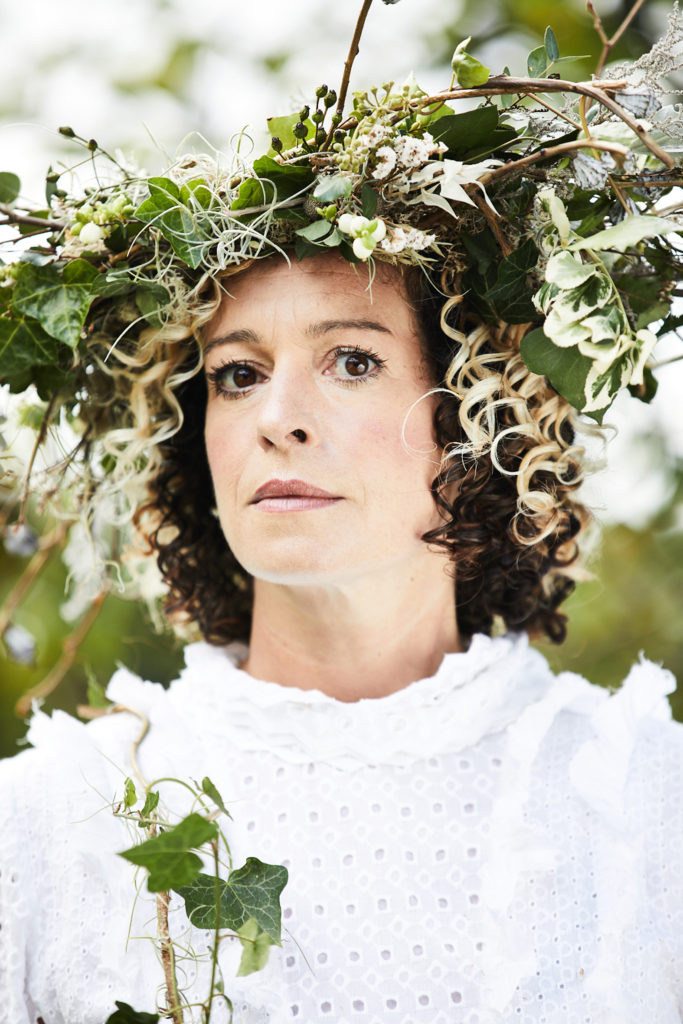
As evocative as the crisp sound of walking in newly settled snow, Hark Hark, from 2017’s Angels & Men, opened the set with the Brass Boys in situ, before Rusby explained the roots of these Christmas concerts, now in their 12th year, with Christmas album number five, to showcase.
Holly Head, so named by Rusby to equate her love of Christmas music with petrol heads’ love of cars, featured prominently in her two sets, each also sprinkled liberally with versions of While Shepherds Watched too. More than 30 exist, apparently, and Kate is working her merry way through them.
Here We Come A Wassailing and Sunny Bank (a variation on I Saw Three Ships) were early festive highs before the bleak midwinter’s chill of Lu Lay (aka The Coventry Carol) brought an eerie night air to the Barbican, Duncan Lyall’s Moog keyboard sending temperatures dropping. Not for long, however, as Rusby introduced her row of knitted miniature hippos to herald Hippo For Christmas, a particularly perky rendition of John Rox’s novelty wish-list song, parping tuba and all.
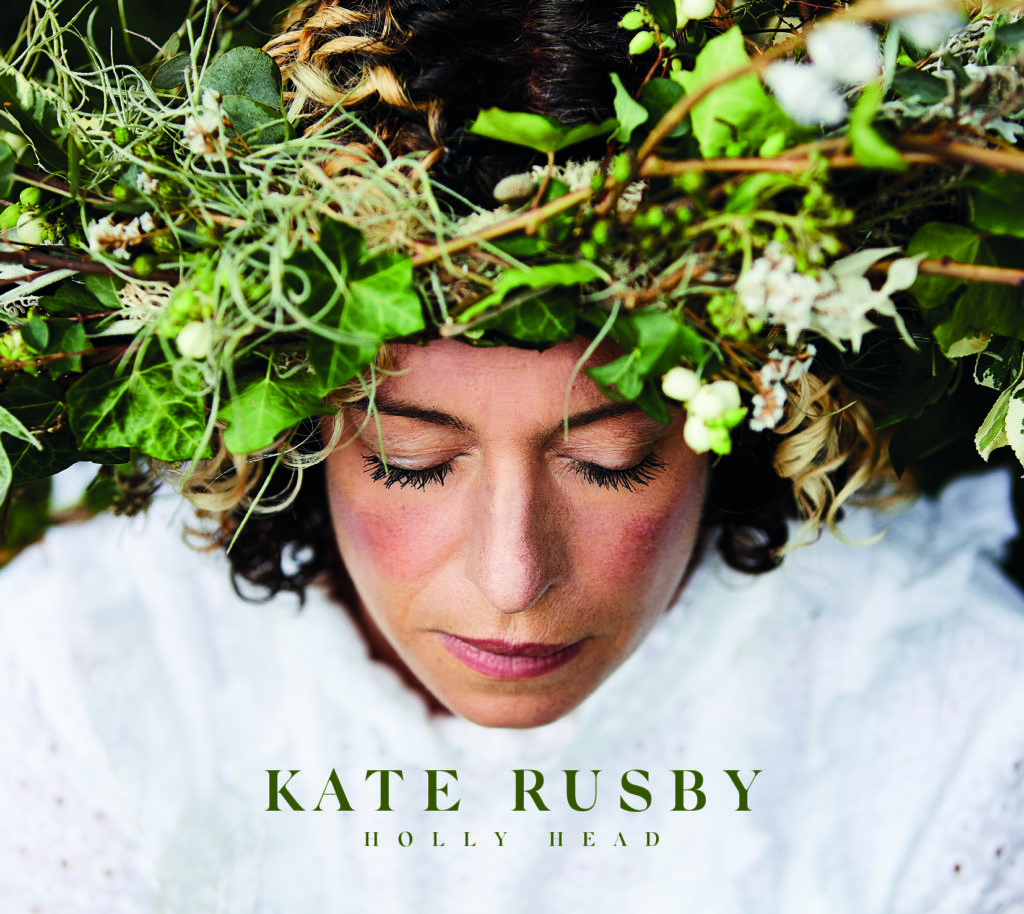
Rusby’s own Christmas compositions are among her very best, never more so than this year’s newcomer, The Holly King, played early in the second set, where she evoked Clannad while stretching out fruitfully into folk-prog terrain.
Santa Never Brings Me A Banjo, a Canadian ditty by David Myles, wholly suited Rusby’s tightrope walk between melancholia and hope, and after a break for Damien O’Kane to lead the band through dexterous instrumentals and unexpected Christmas classics, Rusby steered us towards Christmas with an extended Hail Chime On, a delightful Walking In A Winter Wonderland and the latest heroic rescue mission for Barnsley’s Big Brave Bill.
No Rusby At Christmas show would be complete without the fancy-dress encore, and this year they really made a meal of it, Rusby dressing as a Christmas pudding, the Brass Boys as sprouts and O’Kane as, wait for it, a roast turkey for Sweet Bells and Yorkshire Merry Christmas.
Ruby Twosday was not the only one nodding in approval as Kate Rusby At Christmas grows ever better by the year.
Charles Hutchinson


